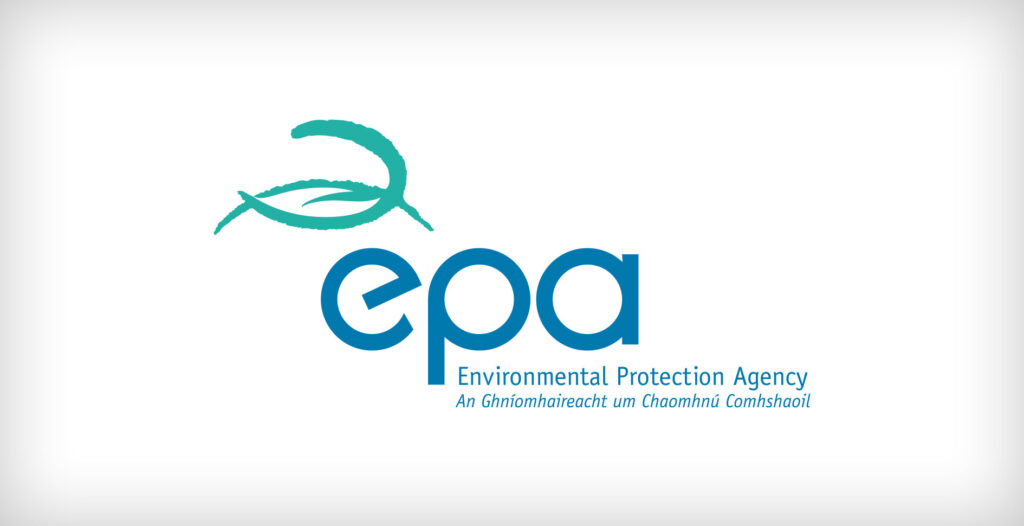The Clean Technology Centre, along with RPS, has carried out a litter waste characterisation study for the EPA.
The aim of the study was to determine the main materials flow in litter waste in Ireland.
This was to provide information on the issue of litter for the National Litter Monitoring System and to provide data for the EPA report: Ireland’s Environment, an Integrated Assessment (2020).
Ireland’s Environment, an Integrated Assessment (2020) states that:
- The National Litter Pollution Monitoring System is a Department of Environment initiative to report on litter pollution countrywide and measure changes over time through annual reporting.
- In 2018, the proportion of areas considered unpolluted was 20.5 per cent (15.6% in 2017) and the amount of grossly polluted areas was 0.4 per cent (0.3% in 2017).
- The main causes of litter pollution were passing pedestrians (42%) and passing motorists (22%) and the main constituents were cigarette-related litter (54%) and packaging items (18%), measured as litter counts versus weights.
- The EPA estimates that 47,307 tonnes of household waste went unmanaged9 in 2018, reflecting a minority of citizens illegally dumping or burning their waste.
- During the coronavirus (COVID-19) pandemic 2020 lockdown period, the EPA received a four-fold increase in enquires in relation to illegal backyard burning and there was evidence that illegal dumping had increased (EPA, 2020c).
- It is estimated that 70,000 tonnes of street cleaning and fly-tipped wastes were managed by local authorities in 2018.

